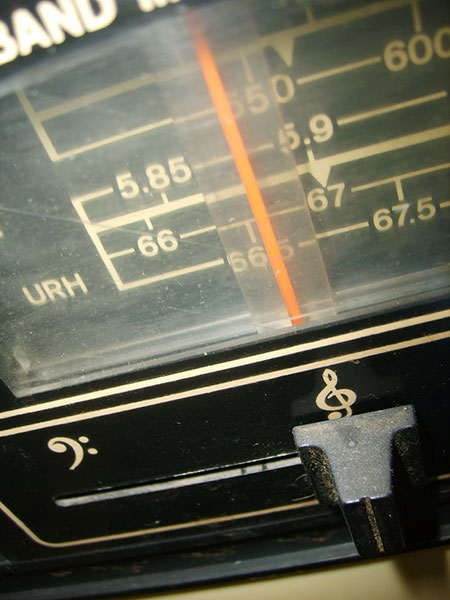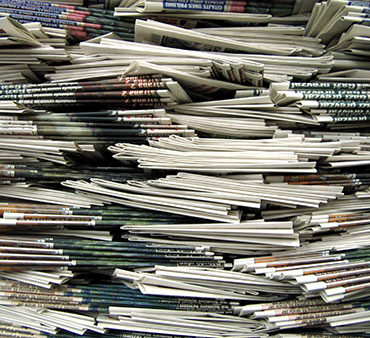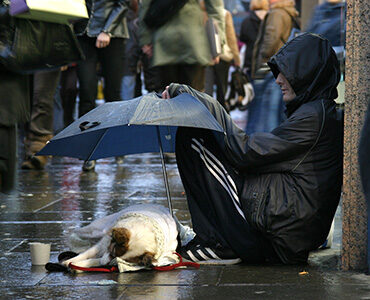The sun sulks gloomily behind the clouds, prowling far beyond similar looking drapes and windows, its powerful strides now like a ritual dance that has lost its function. The gaze of its tired eyes has grown so weary behind the bars that when it finally pierces the darkness of a lonely room, nothing seems to change.
Almost nothing. A sigh escapes its lips, plunges across a distance of a hundred million miles, and dies a silent death in two lonesome brown eyes, eyes now numbed to nuances by many endless nights of restless and anxious slumber. The dying breath of this wistful sigh lights up the dreams in these lonesome brown eyes. Earlier, they had been prancing about, shimmying to the groovy beats of a suppressed desire, happy in their conjoined obscurity. Now, as they scamper around scared, ashamed at their sudden nakedness and the immediacy of its unfamiliarity, a formless memory disturbs the treasured comfort of a sound sleep.
“Kinaare door hote hote bahut door ho gaye. Paani ki chhapaakon ki awaaz bhi doob gayee.”

Its only purpose in his little room was to serve as a reminder of an era he supposedly remembered but was unable to recall.
I rear up my head from my pillow, like a dog looking up from his bowl. I strain my ears to determine the reason for this rude awakening but no culprit presents itself. The dreams have abandoned their ship and simply vanished into the uncharted waters of my unconscious mind. Disgusted, I pull the blanket right over my head in a desperate attempt to salvage the wrecks of those half-dreamt dreams that had been so unceremoniously scuttled by their cowardly captain. My eyes are all scrunched up in concentration due to the effort of trying to remember. But uhun, nothing. As I relinquish my vice-like hold over my mind, the formless memory casts a silvery shadow on the canvas of my imagination. Was that it? I lie motionless beneath the sheets, like a sniper stalking his target. I dare not breathe too loudly, lest I warn it of my presence. But wait, what’s that? What strange presence lurks around the corner?
“Dil mein aise sambhalte hain gham jaise zewar sambhalta hai koi. Toot gaye, naraaz ho gaye.”
The invasion of my senses commences without so much as a warning but the look of comprehension in my eyes speaks of relief. Of course. It’s a Sunday today and I can hear The Radiowalla playing his favourite audio cassettes on the ancient two-in-one, the last surviving relic from his college days. Its only purpose in his little room was to serve as a reminder of an era he supposedly remembered but was unable to recall. As time drags itself forward, rising and falling to the rhythms of this lazy summer afternoon, The Radiowalla waits for this fluid memory, shimmering and changing its form as effortlessly as dreams slipping in and out of consciousness. And while The Radiowalla’s gaze expectantly pierces the walls of his room, searching for a connection that has probably been buried beneath several layers of regrets, I settle down comfortably in my bed, honoured at being granted audience with this elusive companion.
“Haath se angoothi utaari, wapis kar di. Baahon ke kangan utaare, aur saath pheron samet lauta diye. Lekin woh, woh baaki zewar jo dil mein rakh liye, unka kya hoga?”
Mohammed Rafi’s haunting voice fills the corridor, creeping and curling around corners, fighting admirably for breathing space with the soulful strumming of a guitar. But then Kishore Da starts crooning in his inimitable voice and everything else dims in comparison, as if paying homage to the undisputed master. When the song ends, The Radiowalla switches the two-in-one to radio mode and finds Love Guru doling out relationship advice to a heartbroken lover who has recently been spurned by her beloved. He and I listen patiently to this Love Doctor, searching for clues to the solution of our own tragic love lives. But his cheerful rant only serves the purpose of disillusioning us. Fortunately, his banter is cut short by The Radiowalla’s impatience. He twists the knob, searching for some long lost program on the shortwave channels, but waves of static flood the corridor like an angry tide. A little disappointed, he slips the cassette back in and we listen to Gulzar’s commentary on a favourite track, both of us quiet, but not quite alone.
“Ye fursat ruki hui nahin hai. Koi thehari hui, jami hui cheez nahin; ek junbish hai, ek harkat karti hui kaifiyyat.”
A memory is too vivid to be confined by the limited scope of a letter or a song. It’s an experience in itself, a private story that hasn’t been yet articulated into words. It is like a flowing stream that can be described only when it has been allowed to run its course. The Radiowalla had been trying to find the missing parts, hoping that their sum would translate into something he had lost to the pages of time. But in my moment of enlightenment, when I had first glimpsed the sensual dance of a hushed whisper, I realised that memories are much more than just the sum of their parts. I considered sharing this epiphany with my estranged neighbour but I knew my borrowed wisdom would be wasted on his resolve. Besides, what about the weekly trips down memory lane? Would they persist despite this setback? Would The Radiowalla still cling to the parts or would he set out on a quest in search for their sum?
“Ye ladi hai lamhon ki, jhaalar bana li hai iski. Kabhi pehan leta hoon, kabhi utaar deta hoon.”
What heady trip, you say. What psychedelic high, you ask. Bhupinder’s luscious voice finds its way around the narrow passage, caressing every nook and corner in turn, pleading and cajoling with my unconscious memory, eventually evoking a steady stream of vignettes from my past – a blissful summer afternoon spent sleeping under a mango tree, a tense cold winter night on the terrace, a wet evening beside my window. Alone, they would have been reduced to being ornamental reminders of some eventful days. But together, they overwhelm the senses, projecting a black and white movie on the backdrop of my mind’s eye. A movie that is as much a part of the unforeseeable future as it is the jewel of a forgotten past. I immerse myself in this experience instead of trying to hold onto it and a sigh of gratitude for The Radiowalla escapes from the most jealously guarded depths of my heart.
“Ek roz zindagi ke roobaroo aa baithe. Zindagi ne poocha, ‘Dard kya hai? Kyun hota hai? Kahan hota hai yeh bhi toh pata nahin chalta. Tanhayee kya hai aakhir? Kitne log toh hain, phir tanha kyun ho?’ Mera chehra dekh kar zindagi ne kaha, ‘Main tumhari judwa hoon. Mujhse naraaz na hua karo’.”
Then all of a sudden, as if the elements were conspiring to tease us unlikely friends, it starts to rain as Sheila begins gyrating to the rhythms of her Jawani. The sky grows darker still under a blanket of rain until the weather-beaten sun is no more than a half forgotten memory itself. The Radiowalla, just as surprised as me, sees this as a sign from God. So while I shake myself out of my reverie, Sheila’s suggestive singing is cut short by an impatient groan. It is believed that he still adheres to his ritual every Sunday, waiting patiently for his own private moment of enlightenment. Waiting patiently for his songs to commence their erotic dance.









Love the picture